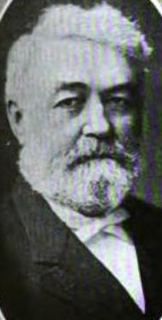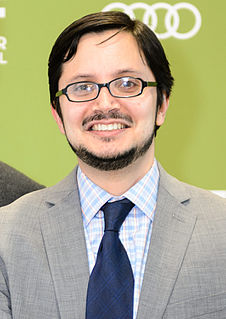A Quote by John Ciardi
The success of the poem is determined not by how much the poet felt in writing it, but by how much the reader feels in reading it.
Related Quotes
Two opposing forces inhabit the poem: one of elevation or up-rooting, which pulls the word from the language: the other of gravity, which makes it return. The poem is an original and unique creation, but it is also reading and recitation: participation. The poet creates it; the people, by recitation, re-create it. Poet and reader are two moments of a single reality.
I want each poem to be ambiguous enough that its meaning can shift, depending on the reader's own frame of reference, and depending on the reader's mood. That's why negative capability matters; if the poet stops short of fully controlling each poem's meaning, the reader can make the poem his or her own.
Good description is a learned skill, one of the prime reasons why you cannot succeed unless you read a lot and write a lot. It’s not just a question of how-to, you see; it’s also a question of how much to. Reading will help you answer how much, and only reams of writing will help you with the how. You can learn only by doing.
The poem is not, as someone put it, deflective of entry. But the real question is, 'What happens to the reader once he or she gets inside the poem?' That's the real question for me, is getting the reader into the poem and then taking the reader somewhere, because I think of poetry as a kind of form of travel writing.



































